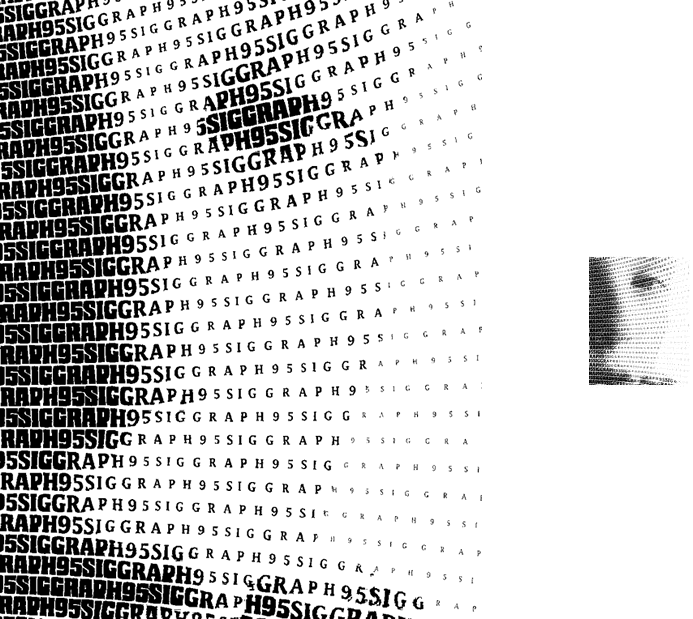
Combinatorics
vs. Inspiration
Traditionally, inspiration is a personal matter. It is an unknown communion between the creator and an other source. This process is entirely internal to the author, taking place on a private scale.
Calvino attempts to depersonalize the act of creation. Inspiration is no longer internal, but rather as transparent as any mechanical process. However, combination is not nearly as simple as it seems. The division of artistic matter into clearly defined units does not make putting those units into a larger structure any simpler.
The best analogy is musical. Sounds are created by vibrations in the air. Humans can hear any sounds between approximately 20 and 20,000 Hz. Clearly there is an infinite number of possible sounds in this range, without every considering other factors such as volume or timbre.
However, Western music (and most other musical systems as well) do not attempt to exploit even a significant fraction of this material. Western music divides this infinite range into only 12 notes, an almost absurd reduction. Yet all Western music has arisen out of these 12 notes. Bach, and the Beatles both proceeded by a "simple" combinatory process.
img: Microstructure Imaging, The Peripheral Systems Laboratory, the School of Computer and Communication Sciences, Ecole Polytechnique Fédérale de Lausanne.